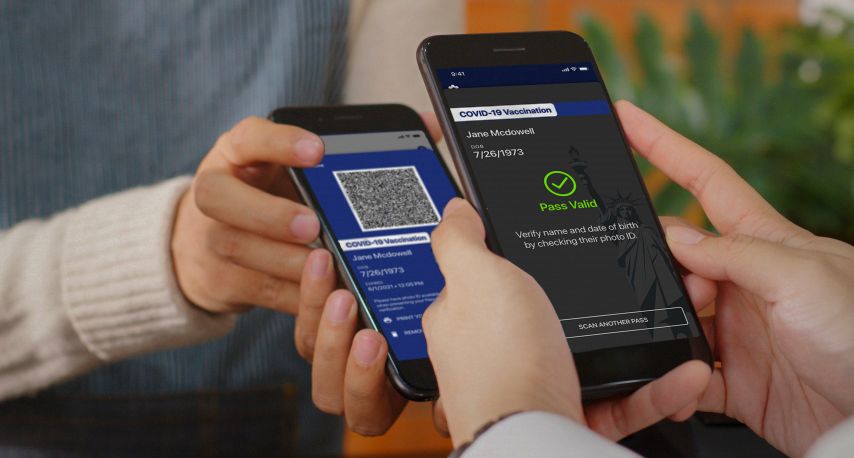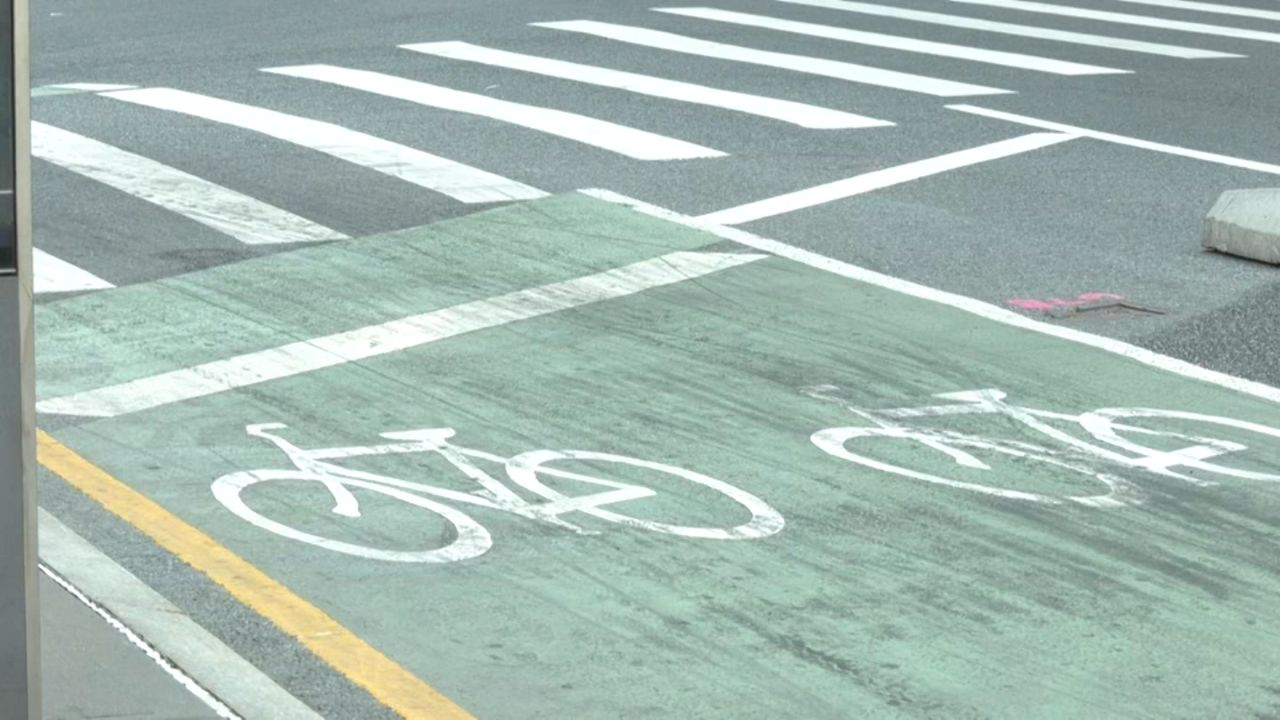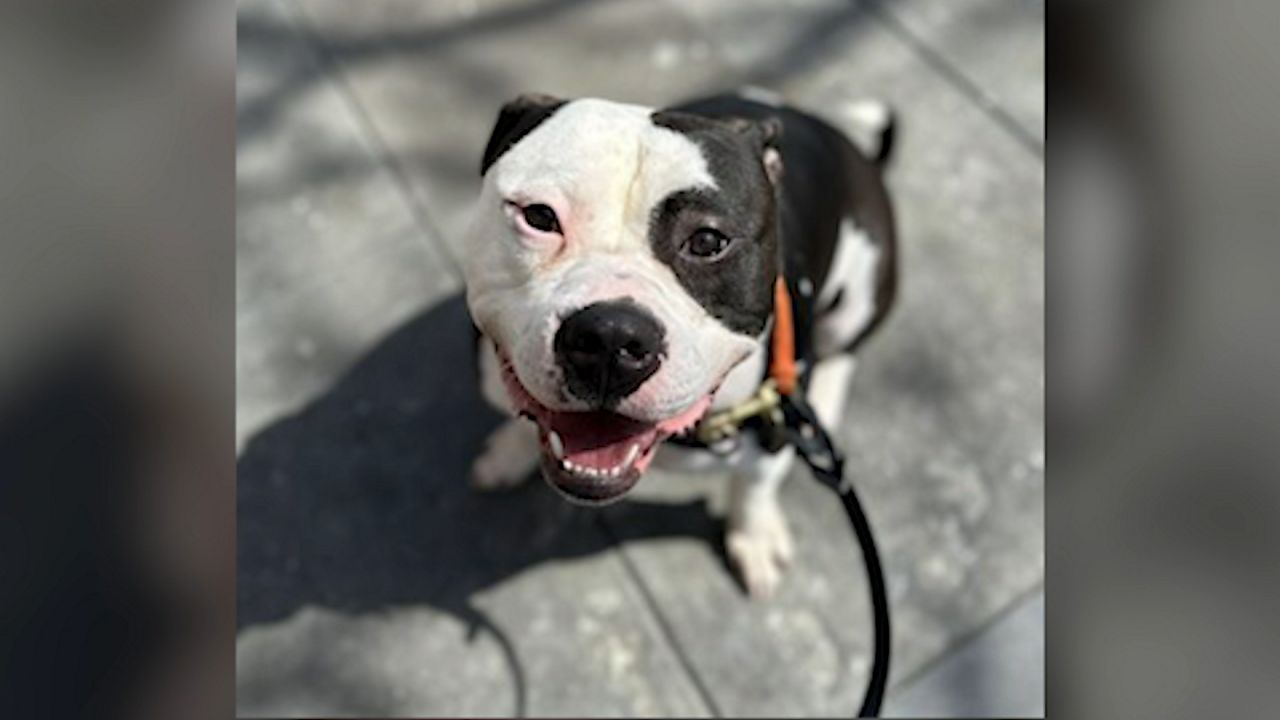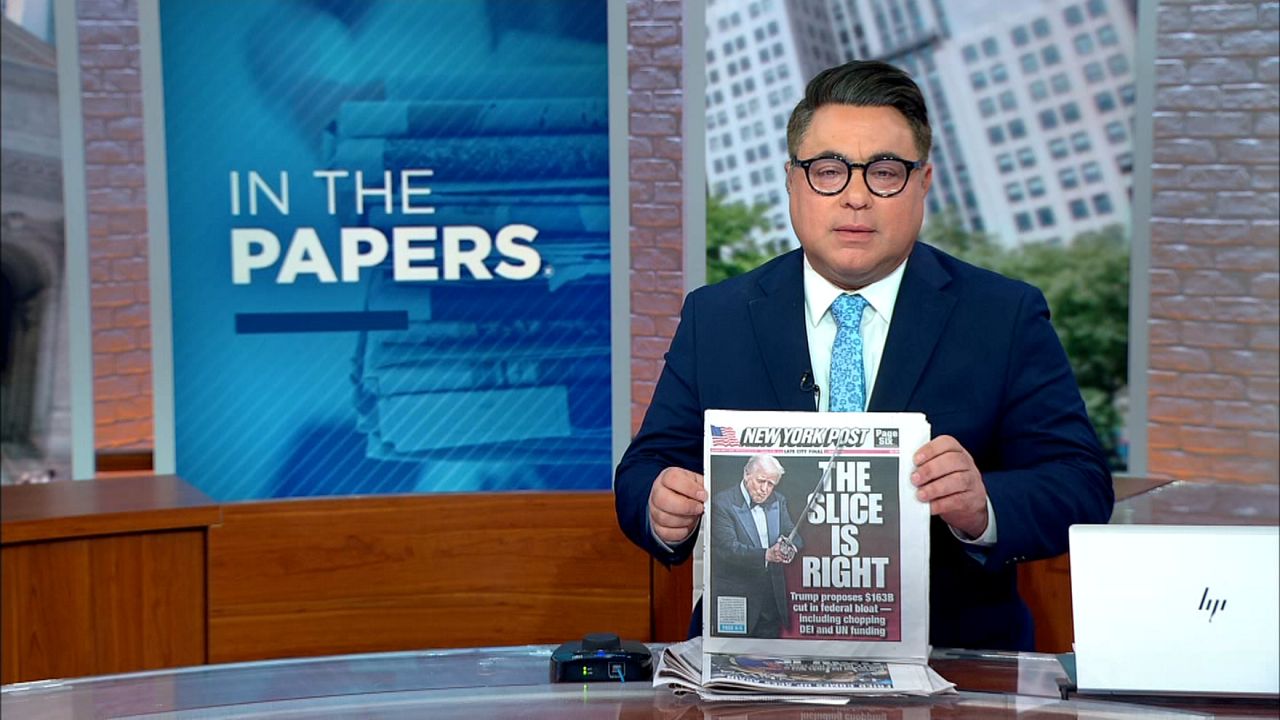NEW YORK — City inspectors are now on the prowl to make sure indoor businesses are asking for proof of at least one dose of the COVID-19 vaccine for patrons 12 and over.
They include indoor dining, entertainment and fitness centers.
“We are used to the daily protocols that we integrated, so for us here at reunion its just another day luckily,” explained Mary Quinn, bar manager at Reunion in Williamsburg.
Since mid August, the restaurant has been checking both their employees and patrons for proof of the COVID-19 vaccine.
So it is business as usual as the city begin its enforcement of the mandate.
Like Reunion, many restaurants and other businesses have already started to comply.
Mayor Bill de Blasio announced a soft launch of the program called “Key To NYC” on August 17. The four-week period was meant to give businesses some time to prepare and put systems in place for screening customers.
“We have a good system,” said Quinn. "We have a host at all times so she is there to greet them, check their preference, every person in the party must be vaccinated if they don’t have proof, luckily we have covered outdoor seating.”
More than three dozen kinds of indoor settings are covered under the policy.
The city’s hope is the inconvenience of being unvaccinated will encourage New Yorkers to get the shot.
Some people think it will, others don’t.
“I think so. Everyone wants to go out and you can’t do much without having proof,” said Winter Bonner.
“If you do not have it by now, you are gonna be against it all the way through,” said Yvonne Bach.
The NYPD will not be a part of the enforcement of the mandate. Instead, it will be representatives from more than a dozen city agencies checking in on compliance.
"I don't expect to see hardly any instances of an attempt to defy something that's about the health and well being of the customers the employees and the future of New York City," said Mayor de Blasio Monday morning. "If we get them we'll deal with it. Obviously there are violations and there are penalties."
The city says its goal is not to fine businesses but instead help them come up with protocols for enforcement.
First time violators will be fined $1,000. After three strikes businesses might have to pay $5,000 in penalties.








